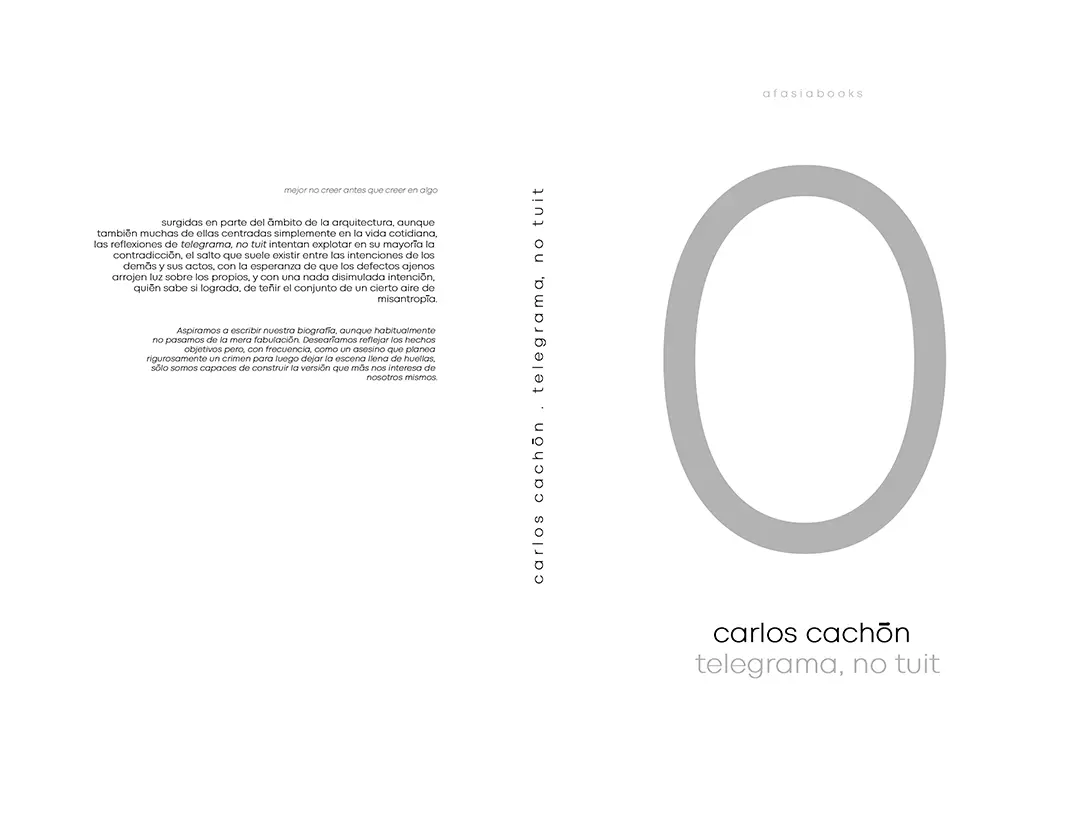Soriano & Asociados arquitectos . House of Fairytales
The tale characters float in the air above our heads. They have the shape and colors of the paper cuts made by Andersen. This figures rise from the birthplace and fly over the city of Odense. The park as well as the city public space gets their shadows and their influence.
Urban Paper Cuts.
The Masterplan seeks to organize the free space through a construction that closes the rear facades of the adjacent streets.
The project intends to reach as much free space as possible and make it accessible for the city. It proposes the minimization of the construction above the ground level with the benefits of a wide urban public space and optimum bioclimatic behave.
The programs are efficiently organized in three layers. First layer is formed by the main programs. All of them, with a clear interior, are connected with the ground floor and by the common lobby. Second layer are the circulation spaces. Third layer, constituted by the spaces of the secondary programs has spaces that enclose a compact excavation perimeter. The courtyards,with their own frame, also remind the characters shadows. The main entrance ramp is located in one of these courtyards.
The urban garden is the true heart of the proposal. A garden with a wavy topography, where the fairytale characters will be placed through urban furniture and each piece in the park will be a reflection or dream about something we have read in his stories.
Papercuts cast shadows over the place
The tale characters float in the air above our heads. They flit, They Sway. They are driven by the swing of the ideas and becomings. The emperor, the tailors, the Little Match Girl, The Little Mermaid, his father, the Ugly Duckling, the Steadfast Tin Soldier, the fairies … Also some objects float, for they are physical characters like the previous ones; the shoes, the suit, the mechanical nightingale. They all have the shape and colors of the paper cuts made by Andersen. This figures rise from the birthplace and fly over the city of Odense. The park gets their shadows and their influence. You can notice how the air is a little bit foggier, because the image of paper cuts is projected onto the city public space.
The Masterplan seeks to organize the free space through a construction that closes the rear facades of Hans Jensens Straede and Bangs Boder. The project intends to reach as much free space as possible. It tries to make it accessible from every city spot. To do this, the project proposes both the demolition of some existing buildings and the minimization of the constructions above the ground level. Only the spaces that need direct contact with the garden remain over the ground level while the rest is moved to the underground level. It could seem like a risky solution because not only assumes an extra cost due to the building demolition but It also forces to construct under the ground level. Nevertheless, the benefits are much greater: A wide urban public space with a magical and playful environment devoted to childhood. Moreover, underground constructions have an optimum bioclimatic behave due to these factors: They reduce heat loss, they are more stable over time, and they could use geothermal energy to produce heat.
The programs are efficiently organized in three layers. First layer is formed by the main programs (Museum, Experience, Temporary Exhibitions, and Tinderbox). These spaces have a clear interior with the shape of Andersen characters and they are higher than the spaces from the other layers. Their curved roof gives continuity to the elongated and irregular shapes. All of them are connected with the ground floor and by the common lobby. Second layer are the circulation spaces. They connect the programs from the first layer, the existent buildings, the common lobby as well as the underground parking. Finally, the third layer is constituted by the spaces of the secondary programs (toilets, offices, opportunity programs, etc.) This layer has its spaces less high than the main ones. The secondary spaces share services in order to optimize the costs. They are located between the previous character figures and they enclose a compact excavation perimeter. Some courtyards, which also reflect the shape of Andersen characters, catch the light and lead it downward. These courtyards have their own frame different from the three layers. They also remind the shadows that the ethereal characters would project onto the ground. The main entrance of the building is located in one of these courtyards, gently sunken forming a pedestrian ramp.
The urban garden is the true heart of the proposal. A garden with a wavy and light topography, where the fairytale characters will be placed through furniture, games, streetlights etc. Each piece in the park will be a reflection or dream about something we have read in his stories.The new center forms a dihedral protection from where we will see activities coming out. Exhibitions and events will invade the landscape and they will catch visitor’s attention even before they are.

.jpg)
.jpg)
.jpg)
.jpg)
.jpg)
.jpg)
.jpg)
.jpg)
.jpg)
